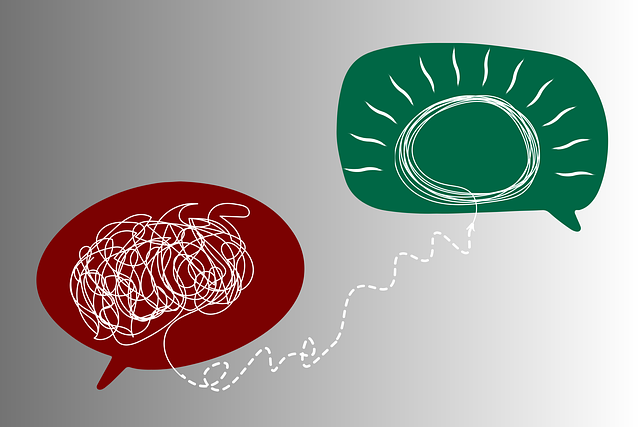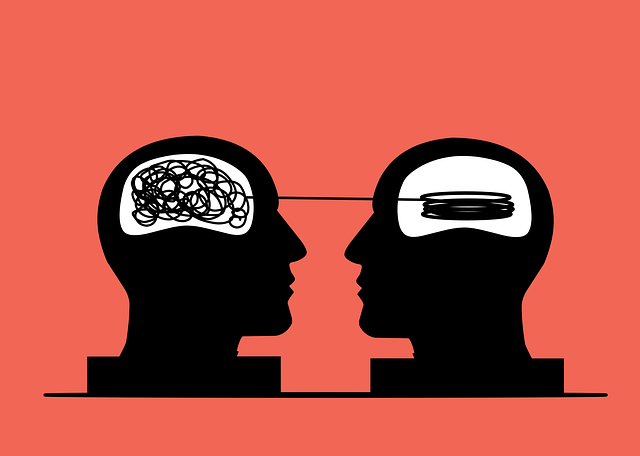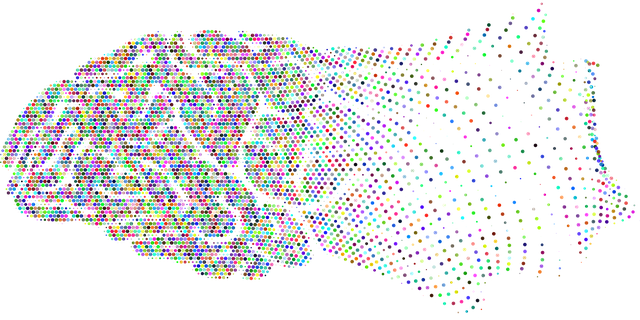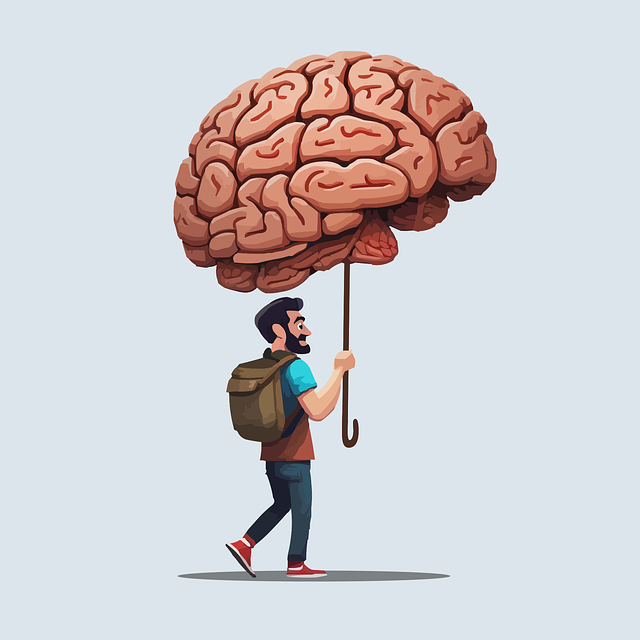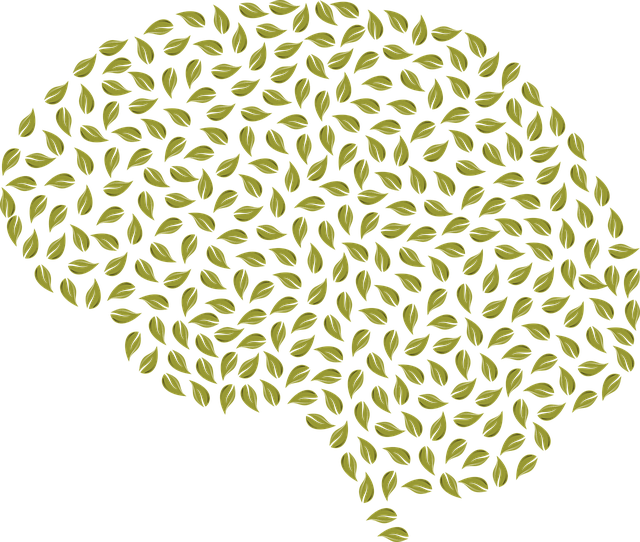Mental health diagnoses guide adults seeking therapy, empowering them to navigate resources, understand conditions, and manage care actively. Mindfulness practices, like meditation, enhance self-awareness and emotional regulation, fostering present-moment understanding and improving treatment outcomes. Cognitive-behavioral therapy (CBT), combined with mindfulness, offers evidence-based solutions targeting negative thought patterns. Building a strong support network through education and mindfulness programs is vital for recovery, providing professional and personal encouragement throughout the therapy journey for adults.
Mental illness diagnosis and treatment navigation can be a complex, daunting journey. This comprehensive guide aims to empower adults by offering insights into understanding mental health diagnoses, leveraging mindfulness for effective treatment, exploring personalized therapy options, and building supportive networks. By integrating these strategies, individuals can navigate their path to recovery with greater clarity, resilience, and hope. Discover how mindfulness and tailored therapy approaches enhance wellness and foster a robust support system for lasting mental well-being.
- Understanding Mental Health Diagnoses: A Comprehensive Guide for Adults
- The Role of Mindfulness in Effective Treatment Navigation
- Exploring Therapy Options: Personalized Approaches for Adult Wellness
- Building a Supportive Network: Navigating the Journey to Recovery
Understanding Mental Health Diagnoses: A Comprehensive Guide for Adults

Mental health diagnoses can be complex, but understanding them is a crucial first step for adults seeking therapy and treatment. A comprehensive guide to mental health diagnosis provides individuals with the knowledge to identify their specific condition(s), enabling more effective navigation of available resources. This involves learning about various disorders, their symptoms, and how they are evaluated by professionals. By familiarizing themselves with diagnostic criteria, adults can actively participate in their care, communicate effectively with healthcare providers, and make informed decisions about treatment options such as therapy for adults.
Mindfulness practices have emerged as valuable tools to support mental health management alongside traditional therapy. Incorporating mindfulness strategies into daily routines allows individuals to develop a deeper understanding of their thoughts and emotions, fostering self-awareness and emotional regulation. Public awareness campaigns development that emphasize the importance of early intervention and destigmatization can further encourage affected adults to seek help. Effective communication strategies and crisis intervention guidance are also essential components of navigating mental health care, ensuring individuals receive the support they need during challenging times.
The Role of Mindfulness in Effective Treatment Navigation

Mindfulness has emerged as a powerful tool in the navigation of mental illness treatment journeys. It serves as a compass, guiding individuals through the complex landscape of therapy for adults by fostering self-awareness and emotional regulation. Through mindfulness practices, patients can develop a deeper understanding of their thoughts, feelings, and behaviors, allowing them to actively participate in their treatment plans. This introspective approach enhances communication strategies both within the therapeutic relationship and during interactions with healthcare professionals, ensuring aligned goals and effective interventions.
Incorporating mindfulness techniques such as meditation and present-moment awareness enables individuals to manage stress reduction methods more efficiently. By focusing on the now, rather than dwelling on past struggles or worrying about the future, one can improve mood management significantly. This proactive mindset shifts the focus from reacting to symptoms to proactively cultivating a sense of calm and balance, which is essential for navigating treatment challenges with resilience and adaptability.
Exploring Therapy Options: Personalized Approaches for Adult Wellness

Exploring different therapy options is a crucial step in navigating mental health treatment for adults. Every individual’s journey to wellness is unique, and tailoring therapeutic approaches to personal needs is essential. Cognitive-behavioral therapy (CBT), a popular method, focuses on identifying and changing negative thought patterns and behaviors, fostering self-care practices, and promoting positive thinking. This evidence-based practice has proven effective for various mental health concerns.
Additionally, integrating mindfulness techniques into therapy can significantly enhance adult wellness. Mindfulness encourages individuals to stay present, cultivating awareness of thoughts and emotions without judgment. By incorporating mindfulness exercises, such as meditation or mindful breathing, therapists support clients in developing coping mechanisms, improving emotional regulation, and fostering a deeper sense of self-awareness—all vital components for long-term mental health and well-being.
Building a Supportive Network: Navigating the Journey to Recovery

Building a robust support network is an integral part of navigating the journey to recovery from mental illness. This involves surrounding oneself with understanding and compassionate individuals who can offer emotional regulation strategies, practical assistance, and encouragement throughout therapy for adults. Friends, family, peers in support groups, therapists, and even pets can all contribute to this network, each providing unique forms of help.
Mental health education programs designed with mindfulness at their core can empower individuals to better understand their conditions and actively participate in their recovery. By integrating mindfulness meditation into these programs, users develop valuable coping mechanisms that enhance emotional regulation skills. This holistic approach ensures that those on the path to recovery are equipped not just with professional treatment, but also with personal tools to manage their mental health effectively.
Navigating mental illness is a complex journey, but with the right tools and support, individuals can find their path to recovery. By understanding mental health diagnoses, incorporating mindfulness practices, exploring personalized therapy options, and building a supportive network, adults can effectively manage their well-being. Integrating these strategies empowers folks to take charge of their mental health and cultivate lasting resilience. Whether seeking therapy for adults or simply enhancing mindfulness, these approaches offer a holistic framework for navigating the challenges that lie ahead.



